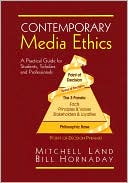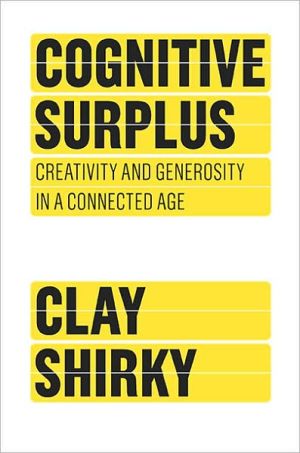Contemporary Media Ethics: A Practical Guide for Students, Scholars and Professionals
Search in google:
When America's mass media communicators confront complex ethical dilemmas, they usually take a utilitarian approach which means they make decisions based upon "the greatest good for the greatest number." Although the utilitarian approach has many strengths, critics point out that the final arbiter of what is best for the community falls upon the individual communicator, who is not always in a good position to make such a determination. In contrast, a communitarian approach emphasizes community values as the final arbiter of a moral dilemma. Mass communicators should make decisions based on the values of the community rather than upon anticipated consequences or personal ethics. But, critics point out, what is community? A neighborhood, a city, a state, or a nation? And what if a "community" has a conflicting set of values? Which one should dominate, and who has the right to choose? Many media ethics textbooks lean toward one model or the other. But Contemporary Media Ethics uses both perspectives to understand and resolve ethical dilemmas that mass communicators face. The three chapters in the first section of the book ("Foundations") examine the history and philosophy of the utilitarian and communitarian perspectives, focusing on the strengths and weaknesses of both. Then the remaining 23 chapters, which are written by leading media scholars and media professionals, apply both of these perspectives to real-world cases that deal with terrorism, AIDS, racial justice, environmental activism, homosexuality, sex in advertising, public relations, and the First Amendment. In Contemporary Media Ethics, readers also are introduced to the "Point-of-Decision Pyramid Model"a new method for ethical decision-making developed by the editors that emphasizes a philosophical foundation as a starting point. This deductive approach is contrasted with the more inductive approach implied by the Potter Box, thus giving this book a unique niche in the media ethics textbook market.








